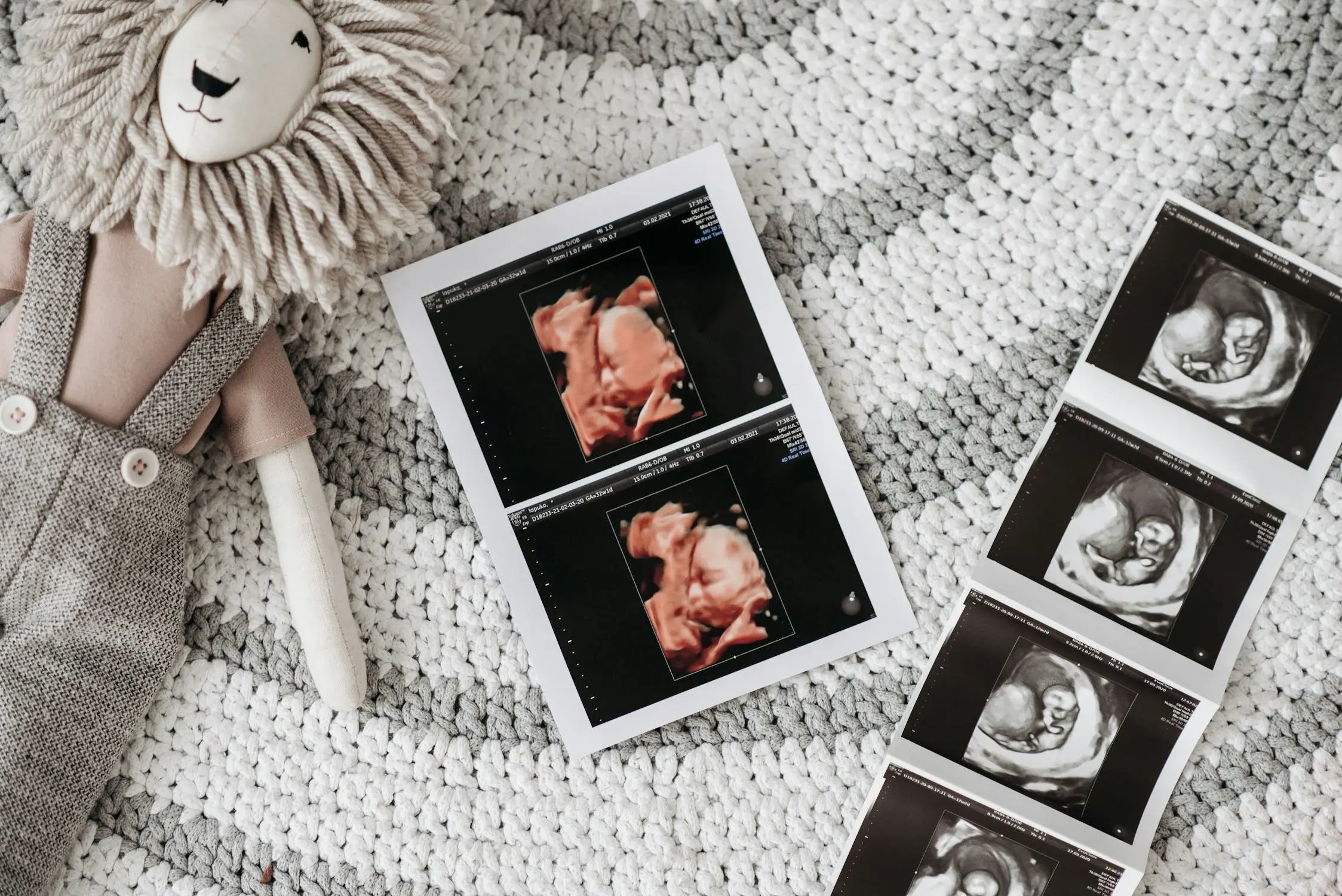Home
Pregnancy, Breastfeeding, and Pumping: The Ultimate Guide for Moms
What Is the Earliest You Should Take a Pregnancy Test?

What Is the Earliest You Should Take a Pregnancy Test?
When it comes to pregnancy tests, timing is everything. Taking a test too early can lead to inaccurate results, while waiting too long can delay important decisions. So, what is the earliest you should take a pregnancy test? The answer depends on several factors, including the type of test you use and your menstrual cycle. Let’s dive into the details to help you determine the best time to take a pregnancy test.
Understanding How Pregnancy Tests Work
Pregnancy tests detect the presence of human chorionic gonadotropin (hCG), a hormone produced by the placenta after a fertilized egg attaches to the uterine lining. hCG levels rise rapidly in early pregnancy, doubling approximately every 48 to 72 hours. Most home pregnancy tests are designed to detect hCG in urine, while blood tests conducted by healthcare providers can detect even lower levels of the hormone.
The Role of Your Menstrual Cycle
Your menstrual cycle plays a crucial role in determining when to take a pregnancy test. The average menstrual cycle is 28 days, with ovulation occurring around day 14. If conception occurs, the fertilized egg implants in the uterus about 6 to 12 days after ovulation. hCG production begins shortly after implantation, but it takes time for the hormone to reach detectable levels in urine.
When to Take a Pregnancy Test
The earliest you should take a pregnancy test is typically one day after your missed period. By this time, hCG levels are usually high enough to be detected by most home pregnancy tests. However, some tests claim to detect pregnancy as early as 6 to 8 days after ovulation, or about a week before your expected period. While these early detection tests can provide results sooner, they may not be as accurate as tests taken after a missed period.
Factors Influencing Test Accuracy
Several factors can influence the accuracy of a pregnancy test, including:
- Test Sensitivity: Different tests have varying levels of sensitivity to hCG. Tests with higher sensitivity can detect lower levels of the hormone, making them suitable for early testing.
- Timing of Implantation: If implantation occurs later than expected, hCG levels may not be detectable in the early stages of pregnancy.
- Urine Concentration: Using first-morning urine, which is more concentrated, can increase the likelihood of detecting hCG.
- User Error: Incorrect usage of the test, such as not following the instructions or reading the results too early or too late, can lead to inaccurate results.
Early Testing: Pros and Cons
Taking a pregnancy test early can provide peace of mind or help you prepare for the next steps. However, there are both advantages and disadvantages to consider:
- Pros: Early testing can detect pregnancy sooner, allowing you to make timely decisions about your health and lifestyle.
- Cons: Early testing increases the risk of false negatives, as hCG levels may not yet be detectable. This can lead to confusion and anxiety.
What to Do If You Get a Negative Result
If you take a pregnancy test early and get a negative result, it’s important to wait a few days and retest. hCG levels rise rapidly in early pregnancy, so a test taken a few days later may yield a positive result. If you continue to receive negative results but suspect you may be pregnant, consult a healthcare provider for further testing.
When to See a Doctor
If you receive a positive result on a home pregnancy test, it’s important to schedule an appointment with a healthcare provider to confirm the pregnancy and begin prenatal care. Additionally, if you experience symptoms of pregnancy but consistently receive negative test results, consult a doctor to rule out other potential causes.
Maximizing Test Accuracy
To maximize the accuracy of your pregnancy test, follow these tips:
- Use first-morning urine for the highest concentration of hCG.
- Read the test instructions carefully and follow them precisely.
- Wait the recommended amount of time before reading the results.
- If in doubt, retest a few days later or consult a healthcare provider.
Determining the earliest you should take a pregnancy test can be a delicate balance. While early testing offers the allure of quick answers, it’s essential to consider the potential for inaccurate results. By understanding how pregnancy tests work, the role of your menstrual cycle, and the factors influencing test accuracy, you can make an informed decision about when to take a pregnancy test. Remember, patience is key, and consulting a healthcare provider can provide additional clarity and support during this important time.
Share
